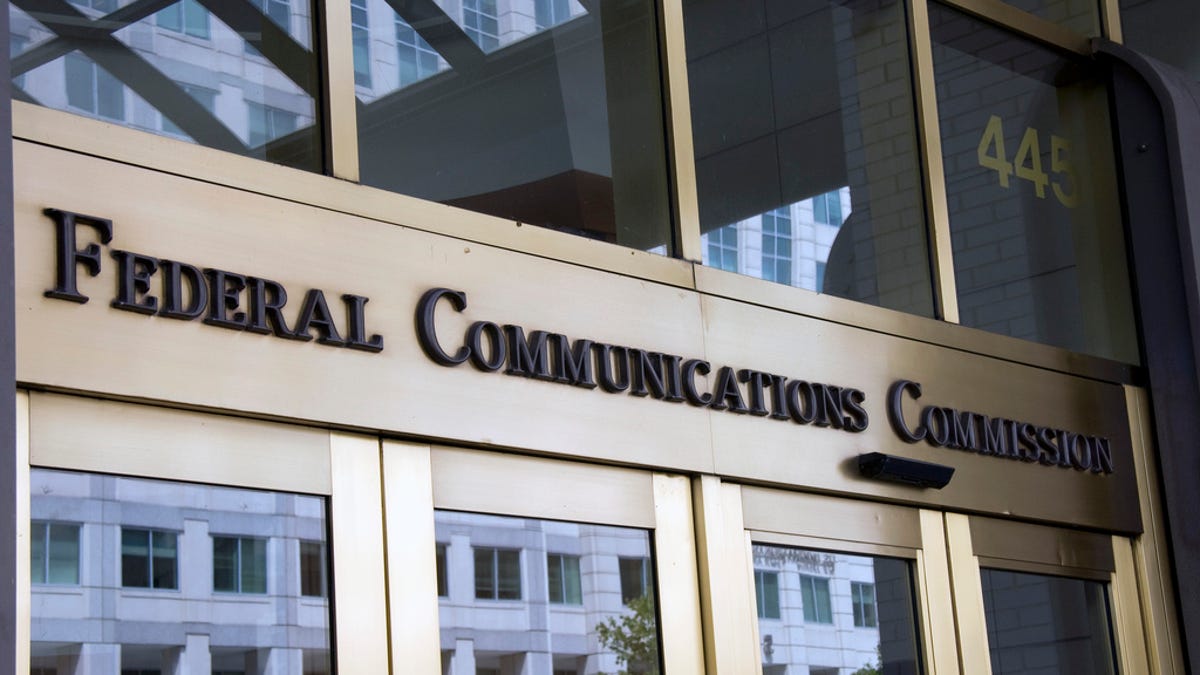T-Mobile to pay $48M for misleading unlimited data plan
The FCC reaches another big settlement with a wireless carrier for misleading consumers about its unlimited data plan.

FCC announced a $48 million settlement with T-Mobile on Wednesday over its unlimited data plan.
T-Mobile has agreed to a $48 million settlement with the Federal Communications Commission for misleading consumers about its "unlimited" data plan.
On Wednesday, the FCC said an investigation found the wireless operator didn't make clear to customers the speed and data restrictions on its unlimited data plan. Specifically, the FCC received complaints from customers who said they were unaware that their data would be slowed to an unusable speed after they used 17 gigabytes in a month, even though they subscribed to an unlimited plan.
T-Mobile has a policy of "de-prioritizing" its "heavy" data users during times of network congestion. The FCC says this practice is unclear to consumers and violates the FCC's 2010 Open Internet order that requires internet service providers disclose accurate and sufficient information about their services.
"Consumers should not have to guess whether so-called 'unlimited' data plans contain key restrictions, like speed constraints, data caps, and other material limitations," FCC Enforcement Bureau Chief Travis LeBlanc said in a statement. "When broadband providers are accurate, honest and upfront in their ads and disclosures, consumers aren't surprised and they get what they've paid for."
This is the second time the FCC has penalized a wireless carrier for misrepresenting its unlimited data plans. In 2015, the agency fined AT&T $100 million for a similar practice. The agency says this is all part of its role to make sure consumers are getting the services they pay for. The agency has also taken action against other internet service providers. Last week, it fined cable giant Comcast $2.3 million for billing customers for services they never ordered.
Under the settlement, T-Mobile will make its policy more clear. It's also agreed to pay a $7.5 million fine to the government and provide $35.5 million in "consumer benefits" to T-Mobile and Metro PCS customers.
These benefits include discounts to T-Mobile and Metro PCS unlimited data subscribers of 20 percent off or up to $20 off the regular price for any in-stock accessory, as well as, 4 GB of additional data for any mobile data line. Eligible T-Mobile and MetroPCS customers will receive notice about these benefits by December 15, 2016. The FCC says customers can get more information on the companies' websites: www.T-Mobile.com/customerbenefit and www.MetroPCS.com/customerbenefit.
In addition to the fine and consumer benefits, T-Mobile has also agreed to pay $5 million to help bridge the "homework gap." Under this part of the agreement, T-Mobile will provide free devices, such as tablets , to low-income school districts so students may take them home to complete homework. T-Mobile will also provide mobile broadband to the devices at a reduced cost to the schools, and at no cost to the students or their families. The program will start in October 2017 and enroll 5,000 students per quarter over four years, totaling up to 80,000 students, the FCC said.
T-Mobile has not admitted the company intentionally misled customers. But unlike AT&T, which is still fighting its FCC fine, CEO John Legere seemed upbeat about the settlement.
He tweeted, "Good settlement with FCC today. @TMobile believes more info is best for customers."
He added, "Glad we could help schools with this solution as well."

